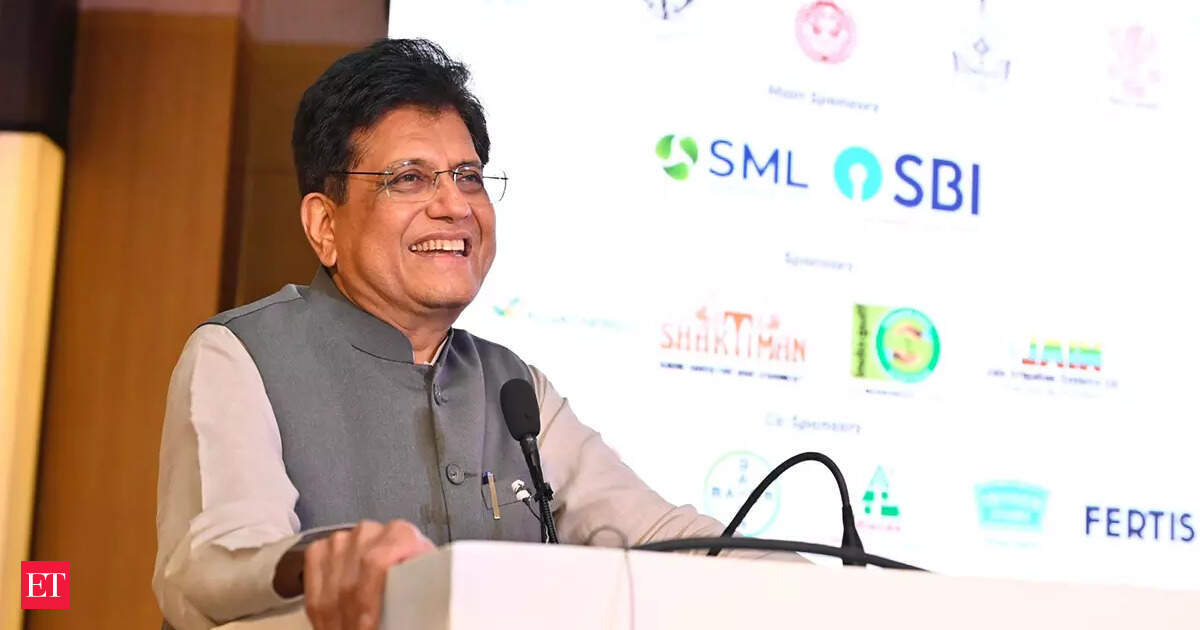Now Reading: केरल के आयुर्वेदिक क्लिनिक में पूरी हुई ‘अमर, अकबर, एंथोनी’ की कहानी
-
01
केरल के आयुर्वेदिक क्लिनिक में पूरी हुई ‘अमर, अकबर, एंथोनी’ की कहानी
केरल के आयुर्वेदिक क्लिनिक में पूरी हुई ‘अमर, अकबर, एंथोनी’ की कहानी

Fast Summary
- Kotakkal, Kerala is renowned for ayurvedic oil massages that purportedly relieve ailments like arthritis and sciatica.
- The author visited Dr. Sudha Asokan’s clinic in Delhi, known for providing Kotakkal-style treatments.
- At the clinic, assistants included two young ayurvedic doctors: Dr. Ramija Parveen (Muslim) and Dr. Sherin Sebastian (christian).
- Kerala remains largely secular, unlike certain parts of North India where minorities face challenges in adopting practices tied to Hindu philosophy like Ayurveda.
- Kerala Muslim Population: Approx.26.5%,but there is only one Unani college; Muslims prefer Ayurveda or allopathy over Unani.
- Data indicates only 3,242 registered ayurvedic practitioners nationwide are Muslim out of 266,028 total Ayurvedic doctors.
- Gujarat has about 950 Muslim Ayurvedic practitioners out of its total 23,092 ayurvedic doctors.
- Both Kerala and Gujarat demonstrate professional integration within healthcare fields despite religious identities.
Indian Opinion Analysis
The observed presence of non-Hindu practitioners in the ayurveda field highlights a compelling narrative about intercultural synthesis and professional inclusivity in india’s healthcare systems-especially in states like Kerala and Gujarat. Despite Ayurveda’s past association with Hindu philosophy, its adoption by minority groups underlines an approach rooted more in scientific merit than sectarian division.
Kerala’s example showcases how shared traditions can transcend religious boundaries when supported by secular frameworks-a model worth emulating across regions facing sociopolitical polarization on identity issues. Similarly significant is small yet notable participation from Muslims within Gujarat’s health sector amid historical communal tensions; this may suggest resilience towards integration even amidst challenging histories.
The implications extend beyond cultural coexistence; they underscore practical lessons on fostering collaboration across diverse populations without compromising individual beliefs-a strength deeply embedded within India’s pluralistic ethos.

























